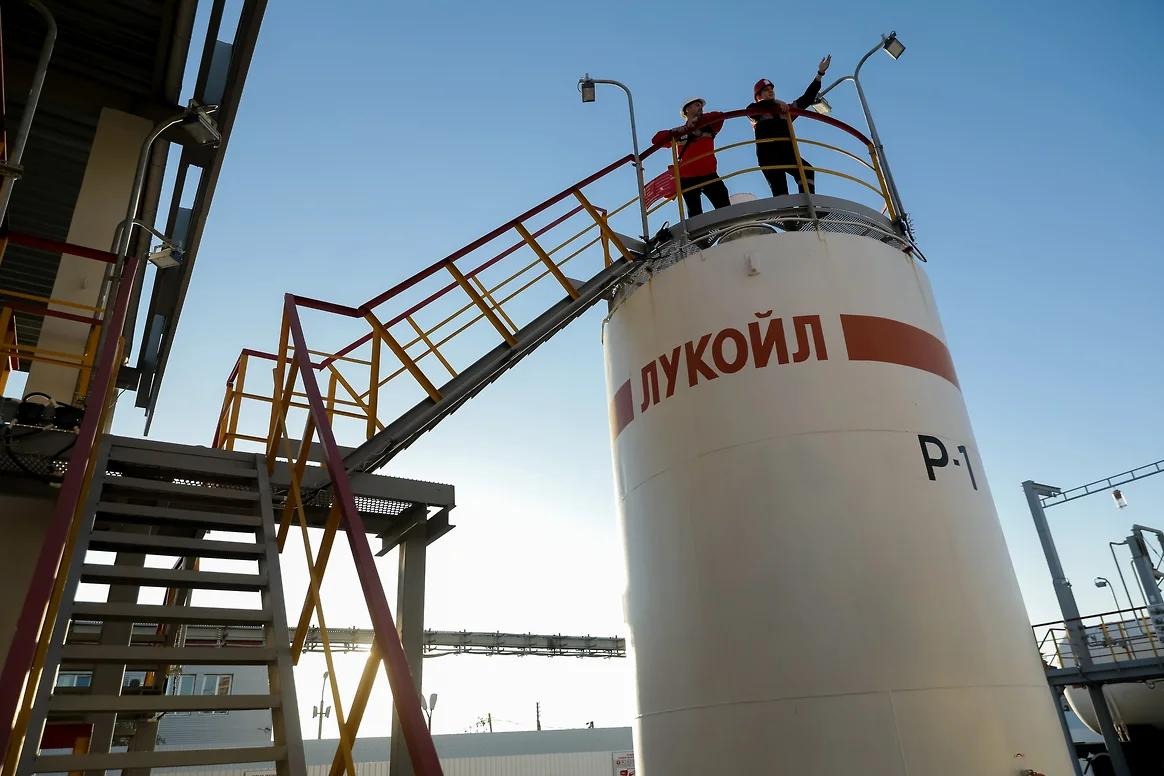CONTROVERSIAL ARRESTS SHED LIGHT ON ARMENIA’S MURKY SECURITY SERVICE
CONTROVERSIAL ARRESTS SHED LIGHT ON ARMENIA’S MURKY SECURITY SERVICE
Armenia’s National Security Service (NSS), the unreformed successor to the local branch of the Soviet KGB, has come under rare media attention after launching dubious criminal proceedings against prominent government critics. The resulting arrests of two businessmen who have alleged high-level corruption within the Armenian customs agency and a human rights lawyer who has helped ordinary citizens to sue their government are raising fresh questions about its real mission. They lend credence to the theory that the Armenian ex-KGB is little more than a repressive instrument in the hands of the ruling regime.
The still-feared agency has changed names several times since Armenia’s independence, but its activities are hardly more transparent than they were in Soviet times. The NSS is primarily supposed to combat grave crimes such as terrorism and espionage that threaten the country’s national security. However, it has clearly retained the Soviet-era function of secret police, monitoring and, if necessary, suppressing any activity that threatens the regime’s grip on power.
For example, it is not uncommon for disguised NSS agents to attend opposition gatherings and news conferences. Many opposition politicians and journalists believe that their phones are wiretapped by the security service and try to avoid discussing politically sensitive issues by phone.
Official statistics about criminal investigations conducted by the NSS are extremely scarce. But individuals familiar with the agency say most of them deal with so-called “economic crimes” allegedly committed by government officials or businessmen. Individuals charged with such crimes in Armenia, whether justly or unjustly, often avoid going to jail by paying large bribes to law-enforcement officials.
But buying freedom is hardly an option for Gagik Hakobian, the chief executive of one of Armenia’s leading coffee importers, and his deputy Aram Ghazarian. NSS officers arrested the two men on October 12 on charges of smuggling, fraud, and forgery of financial documents. They and their company, Royal Armenia, flatly deny the accusations, linking them to their long-running dispute with the State Customs Committee (SCC). Hakobian alleged last year that the customs agency is grossly overtaxing coffee beans imported by Royal Armenia in retaliation for his refusal to engage in a scam with the SCC leadership.
Customs administration is a source of frequent complaints from Armenian entrepreneurs. But Royal Armenia is the only local firm to have publicly accused the customs chiefs of bribery so far. The arrest of its top executives came one month after Armenia’s Economic Court opened hearings on a lawsuit filed by Royal Armenia against the SCC. The court was expected to hand down a ruling by the end of October.
Equally controversial was the October 11 arrest of human rights lawyer Vahe Grigorian. His law firm, called “Right,” has represented residents of old neighborhoods in central Yerevan who are being forcibly evicted from their homes as part of a massive government-sanctioned redevelopment project. They say that financial compensation offered to them by the state is extremely low. Some have taken the Yerevan municipality to court. However, the government-controlled Armenian courts have thrown out virtually all of those lawsuits. Grigorian, who denies fraud charges leveled against him, helped several such families take their case to the European Court of Human Rights in Strasbourg. Fellow Right lawyers believe this is the reason why he ended up in the NSS’s maximum-security basement jail in downtown Yerevan.
The NSS, which most Armenians still call KGB, is also in charge of counterintelligence operations. But its most recent reported attempt to neutralize a foreign “spy” could have hardly been more disastrous though. Yektan Turkyilmaz, a Turkish scholar who did research in Armenia’s state archives, was arrested by NSS officers at Yerevan airport on June 17, ostensibly for attempting to take old books out of the country without the mandatory government permission. The ridiculously harsh smuggling charges, which carried up to eight years’ imprisonment, sparked an international uproar, with more than 250 Armenian, Turkish, and U.S. scholars demanding Turkyilmaz’s release in an open letter to President Robert Kocharian. The doctoral student of Duke University in the United States was handed a suspended jail sentence and set free after a parody of trial in late August.
Turkyilmaz and other sources familiar with the case insist that the ex-KGB initially suspected him of espionage and brought the smuggling case after failing to prove its suspicions. What made its leadership think that the scholar sympathetic to the Armenians is a Turkish spy remains unknown. The NSS has refused to comment on this and the two other cases.
If there were any hopes for genuine reform of the secretive agency, they were dashed by the November 2004 appointment of Gorik Hakobian, a career security officer who joined the KGB in 1970, as head of the NSS. In a December 2004 interview with the Yerevan daily Hayots Ashkhar, he made it clear that his agency is still learning and drawing inspiration from the “glorious” experience of the Soviet secret police.
Hakobian also criticized those former communist states of Eastern Europe that have publicized the names of their former secret police collaborators and even banned them from holding government posts. “That is absolutely unacceptable because a state respecting itself will not allow itself to make such revelations,” he said. “The image of a [KGB] agent is distorted in our society. They are patriots, truly dedicated individuals with a sense of duty. Throughout my long career I have dealt with hundreds, if not more, of agents and am ready to bow my head in front of the vast majority of them.”
(Aravot, October 20, 2005; 168 Zham, October 18-20; RFE/RL Armenia Report, October 12, September 9; Hayots Ashkhar, December 16, 2004)


